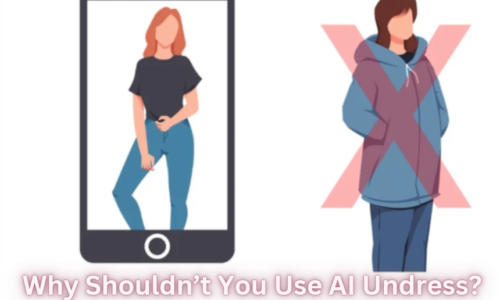
Deepfake is a new word for many people that has been in the trend. Basically, it is a video made by using advanced technology that puts someone’s face onto another person’s body. One such AI tool, DeepNude AI has become well-known these days because it can make nude pictures of women from regular photos (clothed ones). The app was shut down fast when it launched but it shows how deepfakes can be really dangerous when used in a bad way.
We will talk about why it’s a bad idea to use DeepNude AI or any tool to make fake videos of people without their permission and simultaneously look at the moral and legal problems and the overall impact of deepfakes on society.
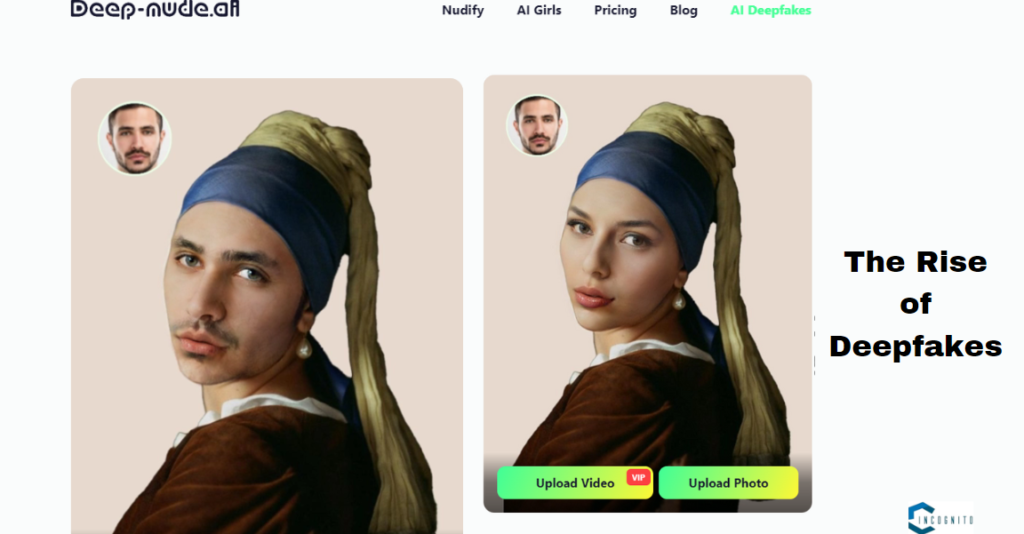
The Rise of Deepfakes
The Rise of Deepfakes
Deepfakes can be a useful tool for making funny videos, teaching people, and making jokes. Picture famous people from the past being shown in videos and learning hard science ideas with fun computer programs. However, it is very easy for anyone to misuse deepfakes.
A survey (2019) by the Pew Research Center found that 64% of Americans think deepfakes will be a big problem in the future. This concern is well-raised because deep fakes can be used to:
- Spread Misinformation: Deepfakes can be used to create fake news or political speeches, causing trouble and tricking people’s thoughts.
- Damage Reputation: Making fake nude pictures or videos of someone can really hurt them emotionally and simultaneously damage their reputation in society to even lose their job.
- Cyberbullying and Harassment: Using deepfakes to bully and harass people can cause them emotional pain which will make them feel alone.
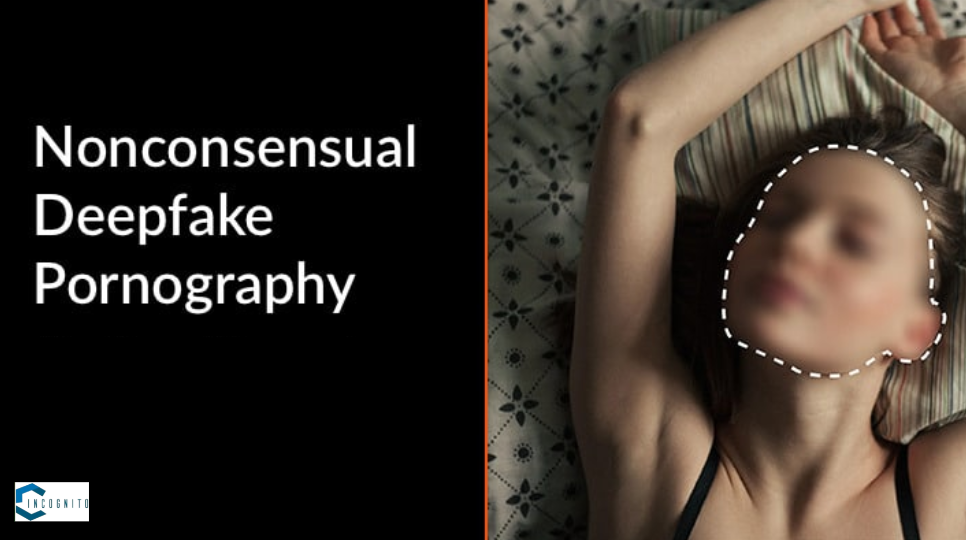
Non-consensual pornography
What are the Ethical concerns surrounding Deep-Nude.AI?
DeepNude AI mostly focuses on women and makes fake images of their bodies without their permission. This brings up important moral questions.
- Invasion of privacy: It occurs when deepfakes take away a person’s control over their own image. No one should have their pictures changed and shared online without their okay.
- Non-consensual pornography: This kind of revenge porn created by DeepNude can cause serious harm to the victims, including psychological distress.
- Gender bias: DeepNude promotes the idea of only looking at women’s bodies and ignoring their thoughts and feelings.
These concerns show why it’s important to be careful with how we make and use deepfake technology.
If you want to read about NSFW AI chat apps, click here.
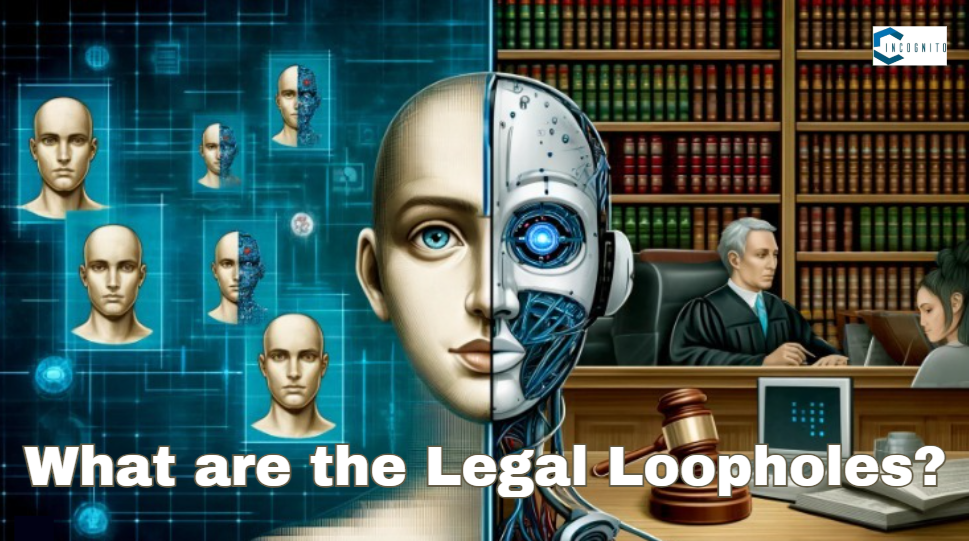
What are the Legal Loopholes?
What are the Legal Loopholes?
The laws about deepfakes are still changing. Here are some big problems:
- Lack of Clear Legislation: Many countries don’t have clear rules about deepfakes. This makes it hard to punish people who make and share them.
- Freedom of Expression vs. Harm: The right to speak or express yourself freely versus something else. It’s hard to find a good balance between free speech and keeping people safe from harm.
- International cooperation: False videos can be made and shared in different countries, making it hard to punish the people who make them.
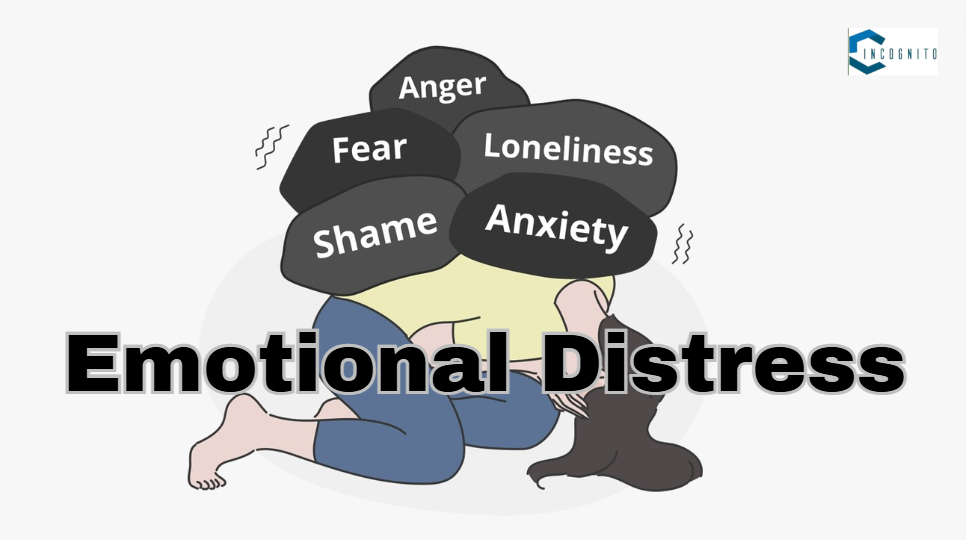
Emotional Distress
What could be the Psychological Impact on Victims of Deepfakes created by DeepNude AI?
Emotional Distress:
- People who are tricked into deepfake videos without agreeing to it feel very upset and stressed out.
- Many people feel violated, ashamed, and helpless.
Damage to Self-Esteem:
- Being exposed and treated as an object can really hurt a person’s confidence and mental well-being.
- Long-lasting emotional pain can happen.
Fear and Paranoia:
- Understanding that their image may be used without permission, victims may become very scared and worried.
- This could change the way you connect with others and how you interact with people.
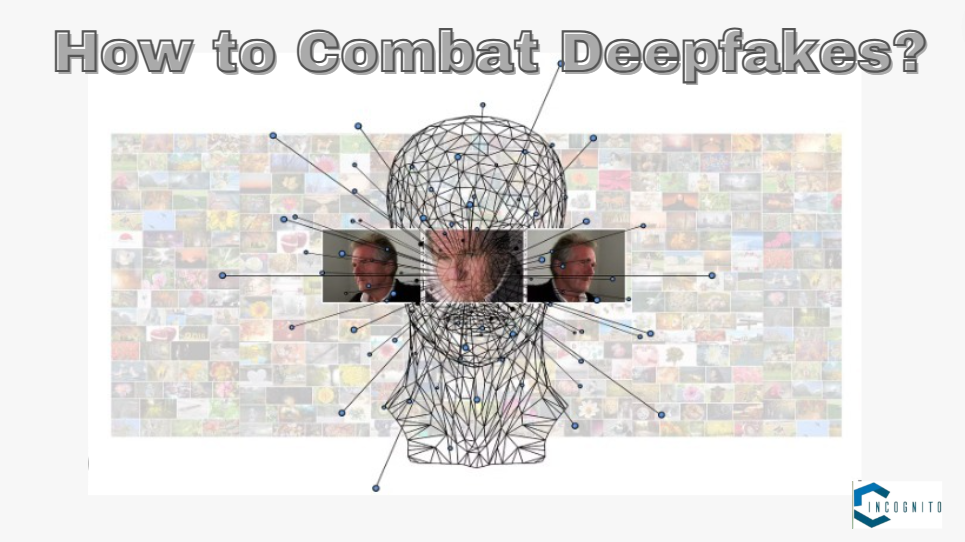
How to Combat Deepfakes?
How to Combat Deepfakes?
Dealing with deepfake videos needs improvement in technology, laws, and teaching.
Technological Solutions:
New tools are being made to find fake videos. These tools use computer programs to find differences in lighting, skin texture, and facial movements that might show if a photo has been changed. Although not guaranteed to catch every problem, these tools can bring attention to potential issues and lead to more research.
Legislative Initiatives:
New laws are being considered in many countries to deal with deepfakes. For instance, in 2019, California made a law that says it’s not allowed to share fake videos of a politician right before an election. These new laws make rules to make sure people are responsible for their actions and stop them from using things in the wrong way.
Education and Awareness:
Teaching people how to spot deepfakes is very important. This means being able to think carefully, recognizing when someone is trying to trick you, and checking that information is true before telling others. Media literacy programs can help people become better at understanding and using information online.
To Sum Up:
Deepfakes are a big problem in the internet era. However, they also give a chance to create new and improved ways of doing things and to encourage using technology wisely. By making people more aware, working together, and promoting fair development, we can use deepfakes in a good way. This will create a future where technology helps people instead of hurting them.
That’s it for now.
Thanks for reading.

